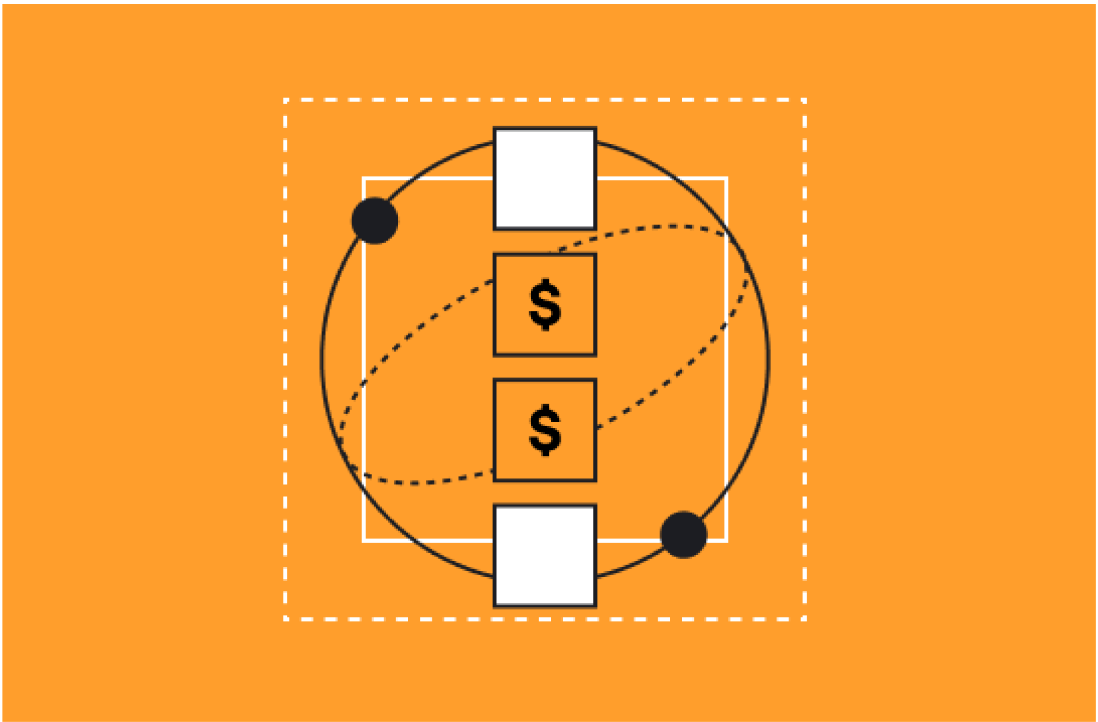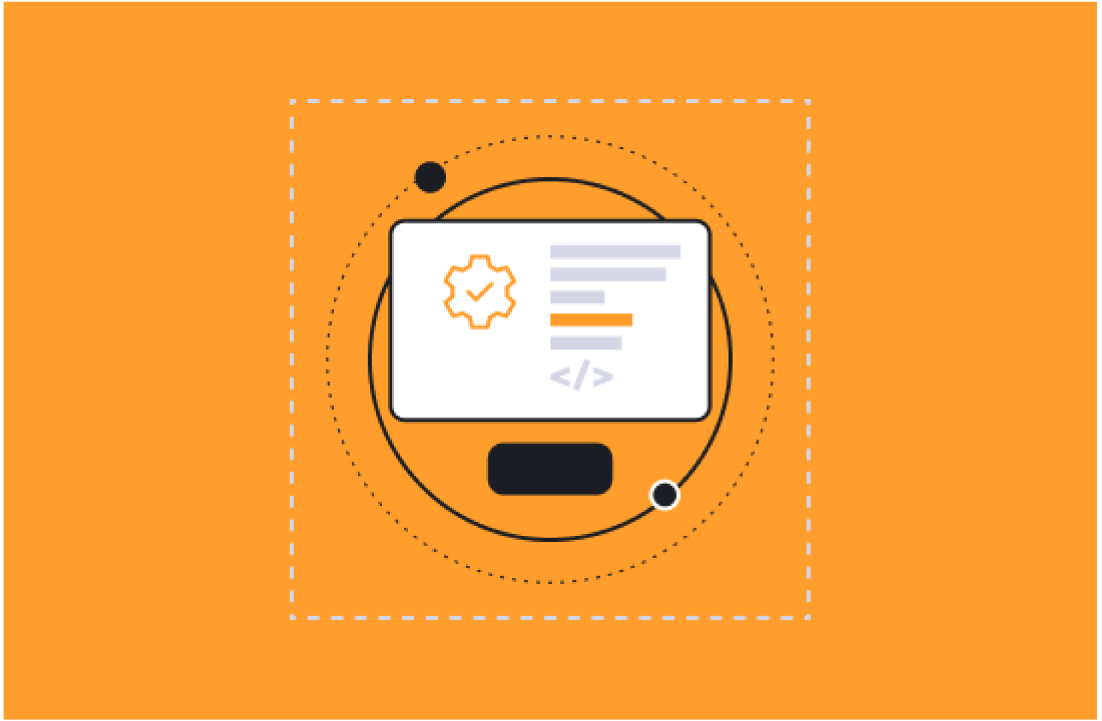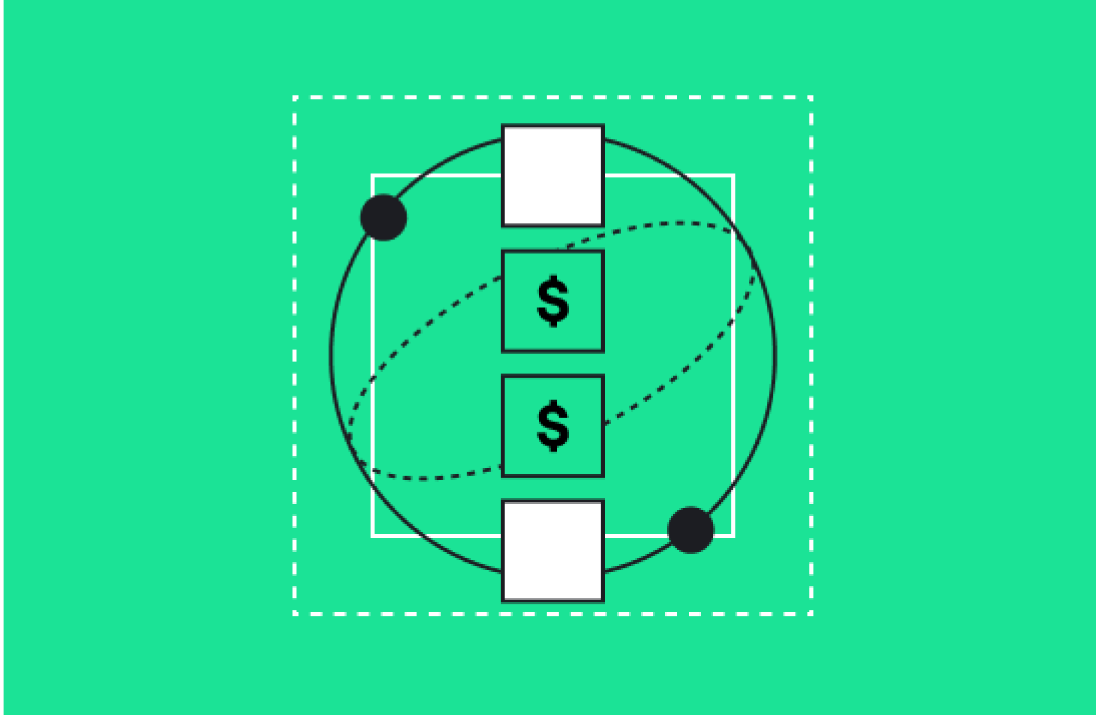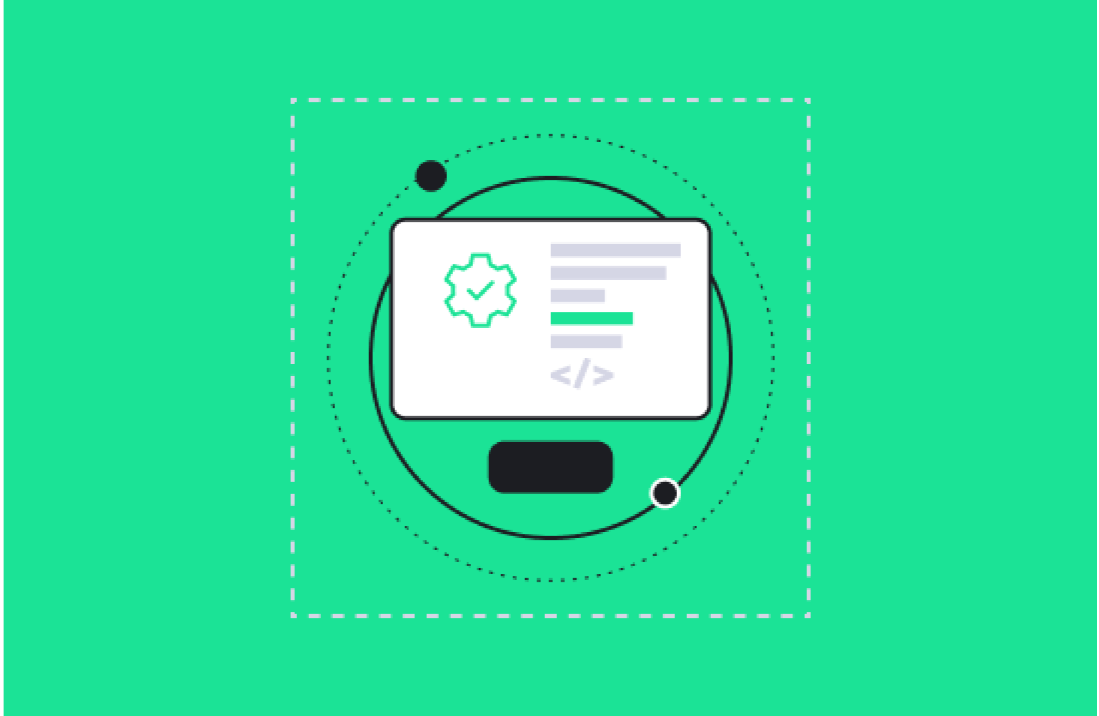Aptitude 8's CEO, Connor Jeffers was joined by Bardeen.ai's CEO and Co-Founder Pascal Weinberger for an episode of GTM with AI. In this episode they delve into the transformative power of automation in our work lives, the journey of founding an AI company, and the shared mission with HubSpot to revolutionize how we tackle repetitive tasks.
Keep reading to learn more!
The Future of Work
From the evolution of work from agriculture to tech innovation, to the inception of Bardeen and its mission to make work more efficient and creative, get ready for a deep dive into the future of work, automation, and the endless possibilities AI holds for enhancing our productivity and freeing us to focus on what truly matters.
Pascal Weinberger's Background
Weinberger's journey in the tech industry, particularly in machine learning, laid the foundation for his current role at Bardeen. In a previous role at Telefonica he led a team to leverage telecommunications data for trend prediction. It was in this role that he found himself doing a lot of repetitive tasks - tasks there taking his time away from the more fun stuff.
The Genesis of Bardeen
The idea for Bardeen originated from this experience of manual, repetitive work. This led him to think about a solution that could automate such tasks. And thus, Bardeen was born.
The platform was envisioned to execute tasks across different services, much like a 'do engine', streamlining the workflow for its users.
The platform was envisioned to execute tasks across different services, much like a 'do engine', streamlining the workflow for its users.
Bardeen’s Vision and Functionality
Bardeen aims to automate the "busy work," enabling users to focus on creative decision-making. This is achieved through user-initiated workflows that differ from traditional trigger-based automation, like those in platforms such as Zapier.
By focusing on proactive, rather than reactive, automation, Bardeen enhances human productivity by reducing manual data management tasks.
Redefining Job Roles and Industries
AI's impact on the future of work is not just about automating tasks; it's about redefining job roles and creating new opportunities. As Weinberger points out, the integration of AI into the workplace mirrors historical shifts in work methodology, such as the transition from agriculture-based economies to technology-driven societies.
Just as the industrial revolution created roles that didn't exist in an agrarian society, AI is paving the way for new kinds of jobs and industries that we are only beginning to imagine.
Enhancing Human Creativity and Strategy
One of the most significant impacts of AI in the workplace is its potential to augment human creativity and strategic thinking. By taking over repetitive and mundane tasks, AI frees individuals to focus on areas where human ingenuity is irreplaceable, such as creative problem-solving, innovation, and empathetic interactions.
This shift can lead to more fulfilling work experiences, as employees are able to engage in tasks that are more intellectually stimulating and rewarding.
AI as a Catalyst for Inclusive Growth
The future of work with AI also holds promise for more inclusive economic growth. AI can enable individuals and small businesses to perform tasks that were previously only accessible to large corporations with substantial resources. This democratization of capabilities can level the playing field, allowing more people to participate in and benefit from economic opportunities.
Challenges and Ethical Considerations
However, this future is not without challenges. The transition to an AI-driven workplace necessitates thoughtful consideration of ethical implications, such as privacy concerns, bias in AI algorithms, and the potential for job displacement in certain sectors.
There's also a need for reskilling and upskilling initiatives to prepare the workforce for new types of jobs that AI will create.
A Continuous Evolution
Weinberger’s insights suggest that the evolution of work with AI is an ongoing process. As AI technologies become more advanced and integrated into various sectors, they will continually reshape the landscape of work. This evolution presents a dynamic interplay between technology and human ingenuity, where each enhances the other.
The future of work with AI, is not a distant concept but an unfolding reality. It's a future where AI not only automates tasks but also enhances human capabilities, creating a workspace that is more creative, inclusive, and dynamic. As we navigate this future, it's crucial to approach AI implementation with a balanced view, considering both its vast potential and the challenges that come with it.
Want to learn more? Listen to this full podcast episode here.
The future of work with AI, is not a distant concept but an unfolding reality. It's a future where AI not only automates tasks but also enhances human capabilities, creating a workspace that is more creative, inclusive, and dynamic. As we navigate this future, it's crucial to approach AI implementation with a balanced view, considering both its vast potential and the challenges that come with it.
Want to learn more? Listen to this full podcast episode here.






